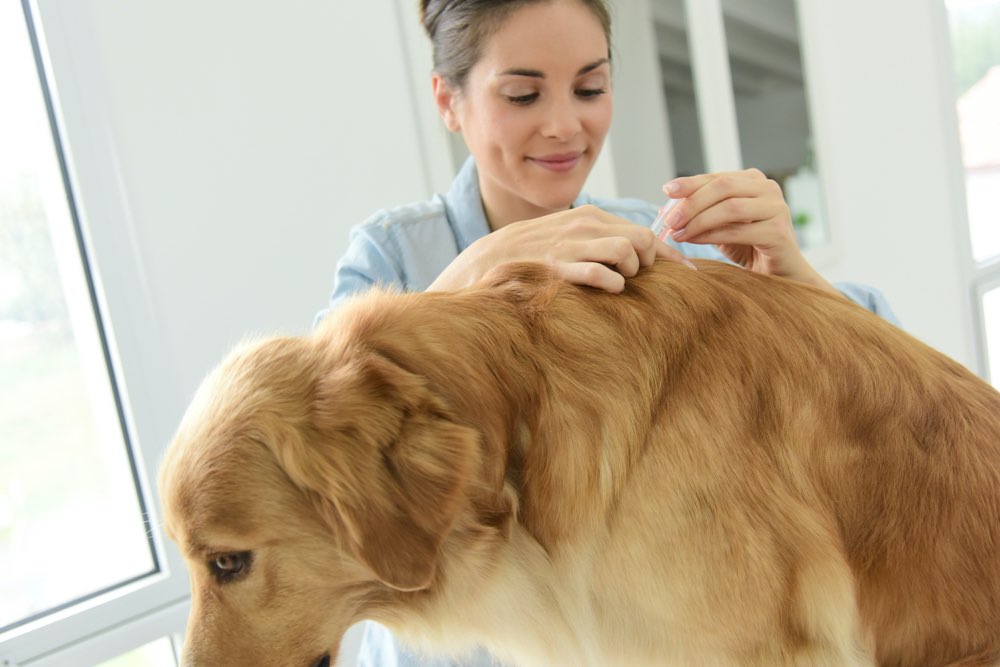Understanding Common Canine Allergies and Effective Remedies
Discover the diverse types of dog allergies and proven natural treatments. From skin irritations caused by fleas to food sensitivities and environmental reactions, this article offers insights into identifying allergens and effective remedies such as dietary changes, herbal treatments, and natural topical applications. Proper management can improve your dog's comfort and health, helping you address allergy symptoms naturally and effectively.
Sponsored

Dogs can develop various allergies, including those caused by food, skin issues, or environmental factors. Recognizing that symptoms often overlap makes diagnosis challenging. This article explores common canine allergies and natural ways to manage them effectively.
Types of dog allergies
Canine allergies include several types, notably:
Skin allergy
This is a prevalent allergy where triggers include flea bites or certain foods.
Flea saliva is a common allergen that can cause flea allergy dermatitis. Insect bites from spiders, ticks, and mosquitoes can also heighten allergic responses.
Inhalant allergy
Environmental conditions such as pollen, mold, dust mites, and mildew can trigger allergies, often resulting in itchy skin or bronchitis. Skin testing can help identify specific allergens, though avoidance is key, as these allergies tend to recur. Bathing your dog with hypoallergenic shampoo can soothe irritation and remove allergens from the coat.
Food allergy
Reactions to proteins or carbs in food—like dairy, wheat, beef, chicken, lamb, or soy—are common. These allergies usually don't respond to medication; instead, an elimination diet lasting 8-12 weeks is necessary to pinpoint and avoid the offending ingredient. During this time, treats and flavored vitamins should be avoided.
Contact allergy
Rare in dogs, contact allergies result from direct exposure to allergens like pesticides, synthetic carpets, or flea collar chemicals. Symptoms include localized itching, especially on paws or stomach. Removing the allergen prevents recurrence.
Natural remedies
Diet modifications can help manage food allergies, while flea control is essential for flea allergies. Veterinarians may recommend medications to relieve symptoms. Natural options include:
Quercetin—an antioxidant flavonoid found in fruits and vegetables—can reduce inflammation.
Bromelain and papain enzymes improve protein digestion and enhance quercetin absorption.
Oat baths help reduce itching and remove surface allergens, suitable unless yeast infection is present.
Aloe vera possesses anti-inflammatory, antibacterial, and antifungal qualities, ideal for skin irritations.
Thyme contains flavonoids that aid in treating skin infections between toes.
Chickweed gel is effective against hot spots and itching due to its anti-inflammatory properties.
Apple cider vinegar rinses can help clear pollen and allergens from paws and combat yeast-related rashes.
Coconut oil, rich in lauric acid, supports healthy skin and decreases yeast overgrowth.






